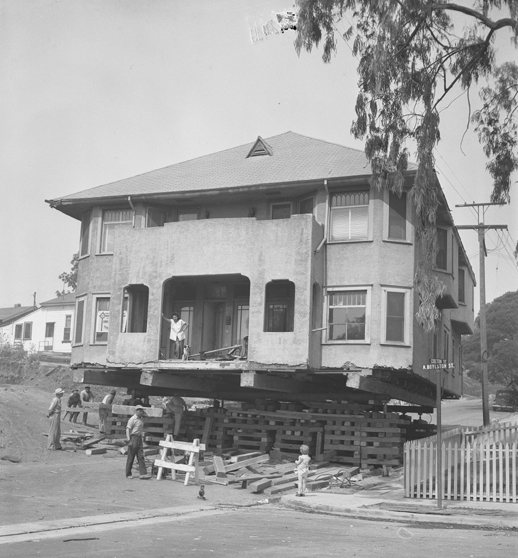Cleaned any cupboards recently?
 Thursday, January 23, 2014 at 10:00PM
Thursday, January 23, 2014 at 10:00PM 
For the past few weeks my life has slipped away in tiny increments. The decision to sell and move was sudden and immediate so what has to be done, has to be done quickly. I’ve spent many hours sorting through cupboards, closets, and filing cabinets. The tape gun has become an extra appendage. I’ve lost count of the number of boxes I’ve assembled and filled.
Word count: 446 Reading time: 1-2 minutes
Hours spent in manual labour are one of my favourite times to think about plot and characters. As an additional bonus, I’ve discovered that moving is actually very much like writing:
- Just when I thought I’d found a place for everything, it was time to sort through it and toss all the excess. Stephen King aims to tighten ten percent out of his first drafts. The amount of stuff we’ve given to the thrift store, friends and neighbours surely must account for ten percent of our house. Editing my life, like editing my fiction, is a cathartic process.
- Once I’m on a roll with packing, it can be hard to stop. Sometimes, around midnight, I think something ridiculous like I’ll just edit one more chapter. In moving it’s: just one more box.
- Both writing and packing can lead to physical exhaustion if I don’t pace myself.
- Both benefit from input of talented outsiders. Just like my writing improves with feedback from my critique partners, a skillful stager is helping us get the house looking its best.
- Every step of the way dozens of decisions raise their troubling heads. Some solutions are easy and obvious. Sometimes easy is the wrong choice.
- I have to resist the impulse to look too far ahead. When I’m packing, it’s disheartening to try to imagine the new home and how things will fit. That’s another job for another day, just like the clear ending of my novel may not be visible from the first chapters. I have to rein in my impatience to know exactly how everything is going to be resolved.
Soon enough we’ll be moved. Oh yeah there are all those small adventures ahead of us, like selling this place, working on the new one, and shifting everything from one home to another. Soon enough my current novel will be finished in spite of its current dishevelled state. It just needs me to pick up my tape gun, open the next chapter, and get on with the job.
When did you last do a deep clean of your writing, tossing out all the stuff you hang on to simply because you can? Should we all ‘move house’ on a regular basis just to keep our lives tidy?
***
Photo from Wikimedia Commons: house being moved from Colton & N Boylston Streets for construction of Hollywood Freeway, Calif. 1948



